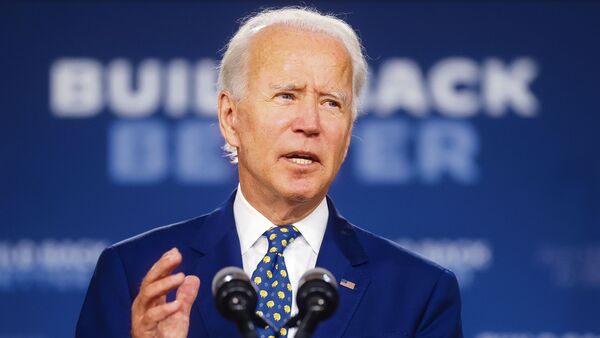Amid escalating tensions in the Middle East, President Joe Biden assured international counterparts that the United States would not involve itself in any offensive actions against Iran following its barrage of missiles on Israel. Biden, in discussions with Israeli Prime Minister Benjamin Netanyahu after Israel successfully intercepted Iranian drones and missiles, suggested that further Israeli retaliation might not be necessary given the ineffectiveness of Iran’s attacks and Israel’s robust defense capabilities, as reported by CNN.
The US military reported minimal damage within Israel itself. Iran defended its retaliatory strike, citing Article 51 of the UN Charter regarding legitimate defense and attributing the conflict to Israeli aggression in Syria. Iran also cautioned the US to refrain from involvement, warning of a more severe response if Israel were to provoke further.
Israeli President Isaac Herzog emphasized a desire for a balanced approach and responsible decision-making. Netanyahu engaged in talks with world leaders and maintained close dialogue with allies in response to Iran’s actions. Herzog expressed confidence in Israel’s deliberative process, ensuring the protection and defense of its citizens.
White House spokesman John Kirby lauded Israel’s ability to prevent widespread damage, highlighting both its military superiority and diplomatic alliances. Defense Secretary Lloyd Austin urged Israel to inform the US before any potential response to Iran, reaffirming US commitment to defend Israel and its personnel.
Meanwhile, President Biden sought to prevent further escalation by discussing diplomatic solutions with fellow G7 leaders. The G7 condemned Iran’s “direct and unprecedented attack” on Israel and pledged full solidarity and support for Israel’s security. They emphasized the importance of avoiding regional destabilization and uncontrollable escalation in their joint statement.







